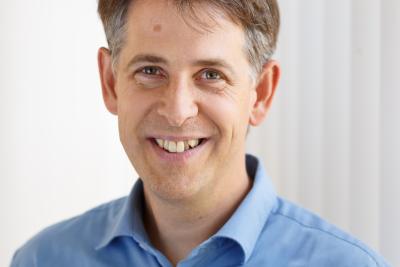PROTECT
Led by Professor Stefan Pfister (German Cancer Research Center/DKFZ, Germany).The challenge
One of two teams funded in 2024 to take on the solid tumours in children challenge, PROTECT is establishing a platform to develop and test innovative protein degraders targeting the undrugged drivers of childhood solid tumours.
The team aims to accelerate the development of the next generation of therapeutic approaches, by revolutionising the field with their cutting-edge technologies, and ultimately to transform the lives of children with solid cancers.
Why solid tumours in children?
Hear Professor Stefan Pfister, team lead of PROTECT, discuss their approach to the solid tumours in children challenge - and why addressing it is so important.At a glance
Team and leadership
PROTECT is led by:
Professor Stefan Pfister
Across nine research institutions and five countries, PROTECT brings together paediatric oncologists, immunologists, cancer biologists and chemists, with patient advocates.
Tackling the solid tumours in children challenge
Despite advances in cancer treatment, survival rates for some childhood cancers, particularly solid tumours, have shown little improvement in recent decades. Current treatments still rely heavily on chemotherapy and radiotherapy, which can be highly toxic, especially for young patients. Much needed cures for these cancers will require innovative interventions that specifically target the unique biology of childhood solid tumours.
With advances in targeted protein degradation and chemical interventions to inhibit protein-protein interactions, it has recently become tractable to target the oncoprotein drivers of childhood cancers that until recently were thought to be ‘undruggable’.
Team PROTECT will pioneer these approaches, as well as exploring ways to improve the efficacy of chimeric antigen receptor (CAR) T-cell immunotherapy. By developing a sustainable platform that will result in a ‘pipeline’ of drug development candidates, the team aims to provide a blueprint to apply targeted protein degradation for the most challenging childhood cancer targets.
PROTECT’s work will cover three overarching and interacting themes:
Develop drugs against targets of interest
PROTECT will focus on targets known to be essential for the development of Ewing's sarcoma, neuroblastoma, synovial cell sarcoma, high-grade glioma, ependymoma and gastrointestinal stromal tumours.
These carefully selected targets, are uniquely suitable to small molecule drug discovery using degraders or covalent inhibition approaches. Degraders, both PROteolysis TArgeting Chimeras (PROTACs) and molecular glues, act by bringing together a target of interest and an E3 ubiquitin ligase, which leads to target ubiquitylation and ultimately its degradation via the proteasome.
The researchers will initially determine the target chemical structure before applying ligand discovery, fragment-based screening and optimisation approaches to identify potential drug candidates. The team already have promising drug candidates for some targets, here it will use in vivo models to assess dosing, scheduling and toxicity profiles, and synergistic effects of combination therapies.
Improve responses and therapeutic window of CAR T-cell therapies
CAR T-cell therapy has shown great promise in treating blood cancers, including those in children; however, it has had limited success in solid tumours. A major barrier to the effectiveness of CAR T-cell therapy against solid cancers is T cell exhaustion, limiting their cancer-killing ability. The PROTECT team will develop cutting-edge combination strategies where drugs with oncogene degrader capability for controlling tumour growth will also synergistically regulate CAR expression or function in T cells, thereby acting as CAR ‘ON’ or ‘OFF’ switches. This will allow for periods of rest from CAR signalling, in the hopes of combating T cell exhaustion.
Deliver early-phase clinical trials
PROTECT will prioritise the most promising drug candidates and advance these as far as possible along the translational pipeline. Working closely with industry partners, the team will strive to move at least one optimised protein degrader into early-phase clinical trials.
The team’s patient advocates will play a crucial role, helping to build a sustainable business model and influencing policymakers to encourage greater investment and support for paediatric cancer drug development.
Looking ahead
PROTECT hope to transform the landscape of paediatric cancer treatment, by harnessing cutting-edge approaches to precisely target the drivers of these aggressive cancers, paving the way for more effective and durable treatments for solid tumours in children.
If successful, their efforts could lead to the development of optimised protein degrader drugs and innovative combination therapies, mitigating treatment resistance and toxicity. This could dramatically improve outcomes for young cancer patients, offering new hope for increased survival rates and a better quality of life.

Plain language summary
While recent developments in cancer therapies have brought hope and even cures to many adults with cancer, children have had much less access to novel treatment options. Treatments in children have often relied on repurposing drugs originally designed for adult cancers. Childhood cancers, however, are very different from those in adults, and therefore require the development of new drugs that target their unique biology.
Recent advances in understanding the biology of childhood cancers have unlocked new ways to target these cancers. In addition, there have been innovative developments in an approach called ‘targeted protein degradation’, in which drugs are developed that lead to a breakdown of cancer-specific proteins. This approach is enabling new ways to reach the previously undruggable proteins in childhood cancers.
Based on these recent advances, PROTECT aims to develop the next generation of treatments for children with solid cancers, including brain tumours.
PROTECT will focus on seven different childhood cancers and will test drug candidates that are at different stages of the drug development pipeline. As well as finding new drugs, the team will also work to find ways to make an existing therapy, called CAR T-cell therapy, work better. CAR T-cell therapy harnesses the power of the body’s immune system to fight cancer. It has shown success in the treatment of some types of blood cancer, but the same success has not yet been seen in solid tumours.
The team will prioritise the most promising targets and drugs, testing their safety and success in laboratory experiments. PROTECT will aim to move the most promising drugs into early-stage clinical trials.
As part of the project, PROTECT’s patient advocates will aim to build new business models and work with policy makers to find ways to increase investment in drug development for childhood cancers.




